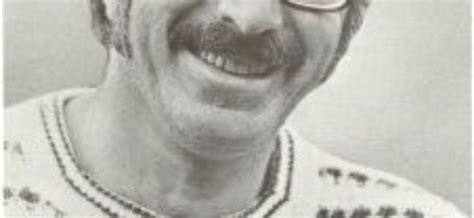A Quote by Francois de La Rochefoucauld
We are so used to dissembling with others that in time we come to deceive and dissemble with ourselves.
Related Quotes
We need to stop comparing ourselves to others, and stop patting ourselves on the back for attaining artificial measurements of spirituality. We need to take care that we do not think we are something we are not, or else we may deceive ourselves, setting ourselves up for rebuke in the future when we see Christ face to face
The remarkable thing is that we really love our neighbor as ourselves: we do unto others as we do unto ourselves. We hate others when we hate ourselves. We are tolerant toward others when we tolerate ourselves. We forgive others when we forgive ourselves. We are prone to sacrifice others when we are ready to sacrifice ourselves.
Quite generally, the familiar, just because it is familiar, is not cognitively understood. The commonest way in which we deceive either ourselves or others about understanding is by assuming something as familiar, and accepting it on that account; with all its pros and cons, such knowing never gets anywhere, and it knows not why.... The analysis of an idea, as it used to be carried out, was, in fact, nothing else than ridding it of the form in which it had become familiar.


































